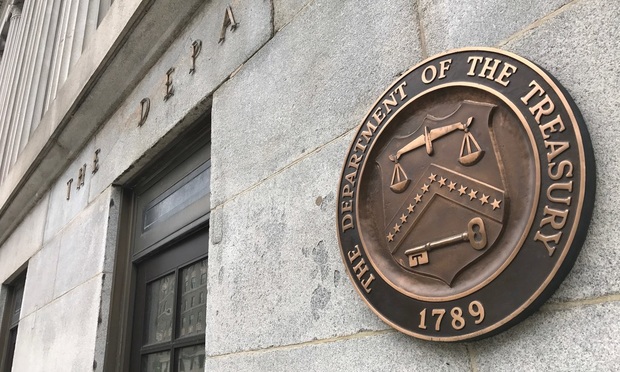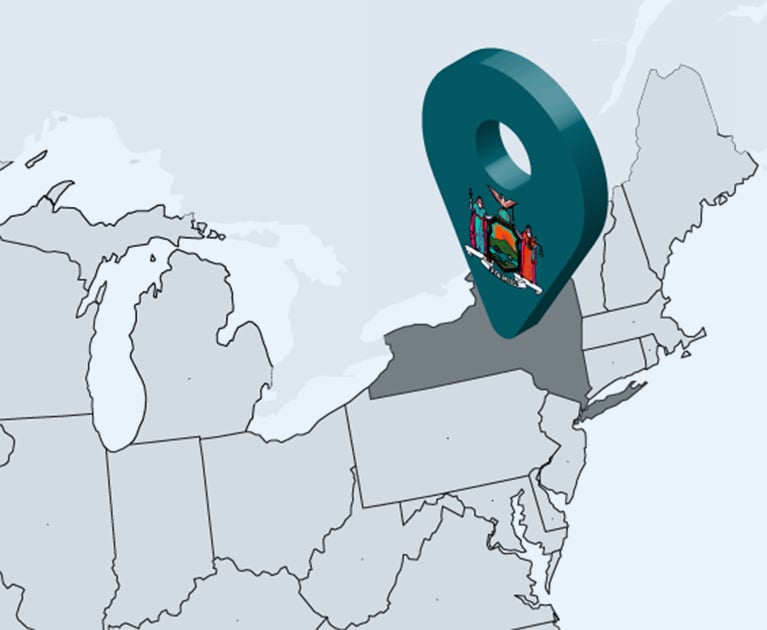Prior to 2017, a taxpayer receiving a “carried interest” in a partnership could generally receive long-term capital gain treatment on a sale or redemption of such interest, provided that the taxpayer held the interest for at least one year. In 2017, as part of P.L. 115-97, commonly known as the Tax Cuts and Jobs Act, Congress enacted new Section 1061 of the Internal Revenue Code, which significantly changed these rules. The statute contained some significant uncertainties, which Treasury has now mostly addressed in newly issued proposed regulations.
Section 1061 generally provides that if a taxpayer holds an applicable partnership interest for less than three years, then any capital gain recognized by the taxpayer with respect to such interest will be taxed at ordinary income rates rather than at capital gain rates. For this purpose, an “applicable partnership interest” is generally defined as any partnership interest that was transferred to the taxpayer in connection with the performance of substantial services by the taxpayer in an applicable trade or business. An “applicable trade or business” is, in turn, defined to include most businesses that consist of raising or returning capital and either investing in or developing certain specified assets (including real estate, securities, and similar assets). These definitions would generally cover a typical carried interest that a real estate sponsor might receive.


 U.S. Treasury Department in Washington, D.C. Photo: Michael A. Scarcella/ ALM
U.S. Treasury Department in Washington, D.C. Photo: Michael A. Scarcella/ ALM




